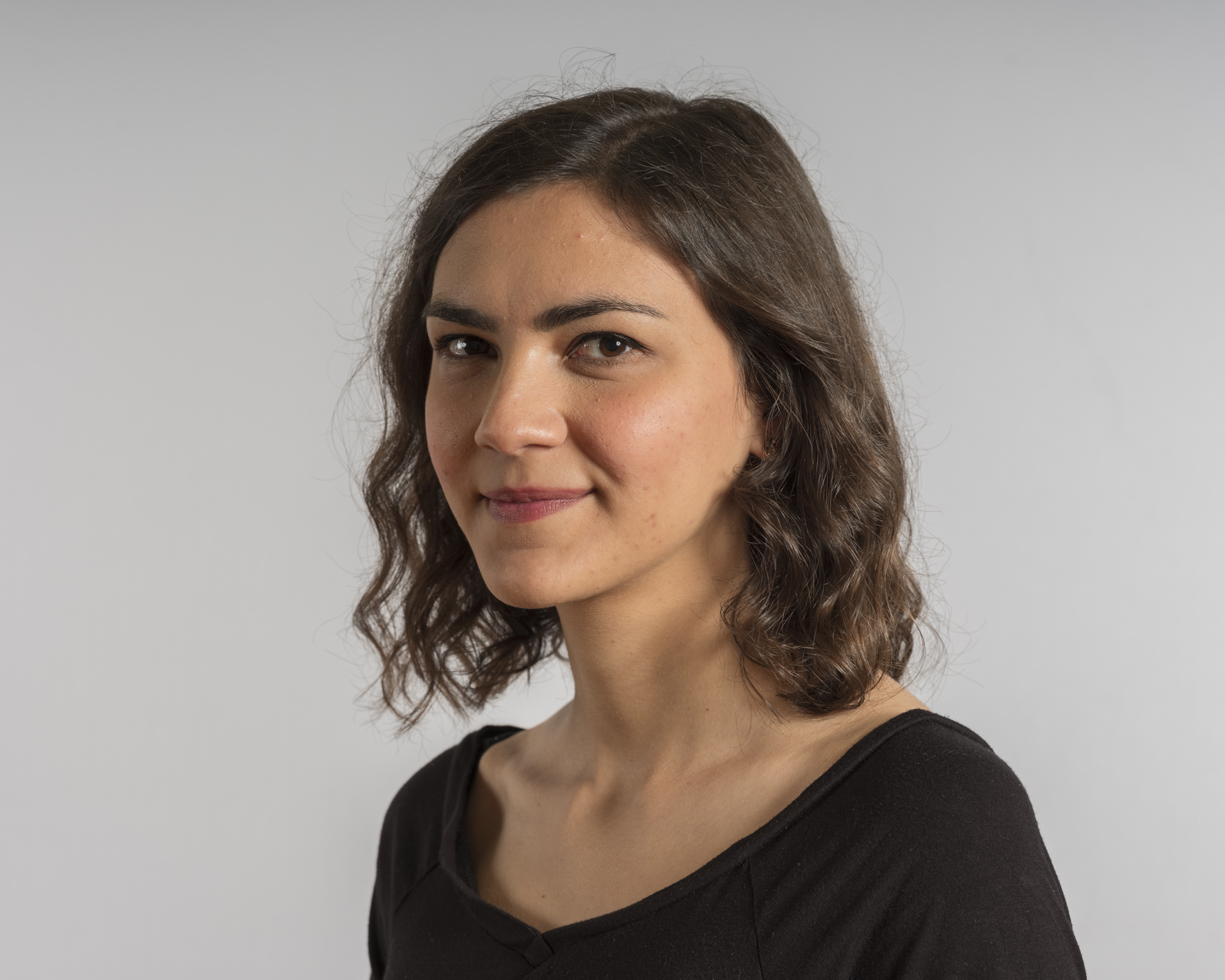Maltese Federica
- Details
- Hits: 407
 Researcher
Researcher
c/o Università di Milano - Bicocca
Via Raoul Follereau, 3
20854 Vedano al Lambro (MB)
This email address is being protected from spambots. You need JavaScript enabled to view it.
Neural circuits of social behaviors
Scientific career path
I earned my PhD in Neuroscience in 2021 from the University of Genova (Italy), conducting my research at the Italian Institute of Technology under the supervision of Dr. Francesco Papaleo. My PhD work focused on understanding how the brain processes others' emotions in both physiological and pathological conditions. For my postdoctoral training, I joined Prof. Camilla Bellone’s lab at the University of Geneva (Switzerland), where I investigated the neurobiological mechanisms underlying pathogen threat-induced social avoidance. This project was funded by the Swiss National Science Foundation and received a Seal of Excellence from the European Commission’s Horizon Europe program. In 2024, I joined the Neuroscience Institute at the CNR in Milan.
Research summary
My main research interest is to investigate the circuit mechanisms underlying social behaviors, particularly those that are impaired in neurodevelopmental and psychiatric disorders. By combining in vivo calcium imaging, optogenetic manipulations, and behavioral paradigms, I study how cortical and subcortical regions communicate during decision-making in social interactions. These investigations aim to gain insights into the underlying dysfunctions present in neuropsychiatric conditions, ultimately contributing to the development of targeted interventions and therapeutic strategies to enhance social cognition.
Representative publications
Maltese F, Pacinelli G, Monai A, Bernardi F, Capaz AM, Niello M, Walle R, de Leon N, Managò F, Leroy F, Papaleo F. Self-experience of a negative event alters responses to others in similar states via prefrontal cortex-CRF mechanisms. Nature Neuroscience, 2024. Ahead of print
Dautan D, Monai A, Maltese F, Chang X, Molent C, Mauro D, Galbusera A, Vecchia D, Antonelli F, Benedetti A, Drago F, Leggio GM, Pagani M, Fellin T, Gozzi A, Schumann G, Managò F, Papaleo F. Cortico-cortical transfer of socially derived information gates emotion recognition. Nature Neuroscience, 2024. 27:1318–1332
Scheggia D, La Greca F, Maltese F, Chiacchierini G, Italia M, Molent C, Bernardi F, Coccia G, Carrano N, Zianni E, Gardoni F, Diluca M, Papaleo F. Reciprocal cortico-amygdala connections regulate prosocial and selfish choices in mice. Nature Neuroscience, 2022. 25(11):1505-1518
Scheggia D, Managò F, Maltese F, Bruni S, Nigro M, Dautan D, Latuske P, Contarini G, Gomez- Gonzalo M, Requie LM, Ferretti V, Castellani G, Mauro D, Bonavia A, Carmignoto G, Yizhar O, Papaleo F. Somatostatin interneurons in the prefrontal cortex control affective state discrimination in mice. Nature Neuroscience. 2020. 23, 47–60
Ferretti V*, Maltese F*, Contarini G, Nigro M, Bonavia A, Huang H, Gigliucci V, Morelli G, Scheggia D, Managò F, Castellani G, Lefevre A, Cancedda L, Chini B, Grinevich V, Papaleo F. Oxytocin signaling in the central amygdala modulates mice emotion discrimination. Current Biology. 2019 Jun 17;29(12):1938-1953.e6.











